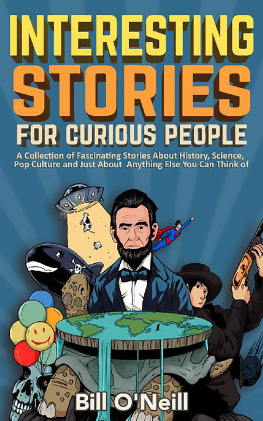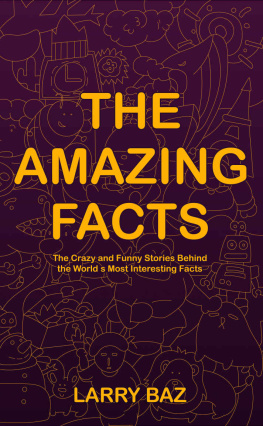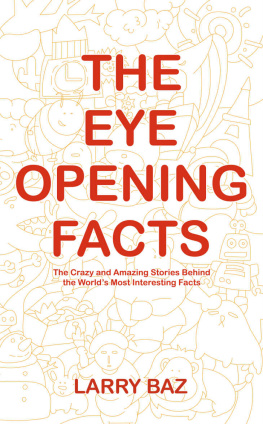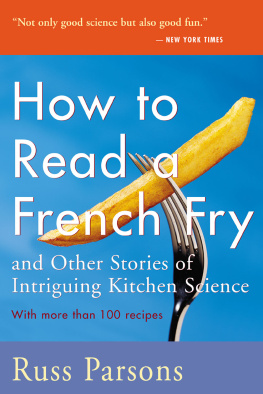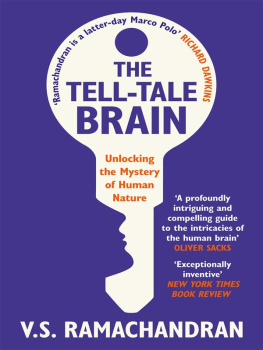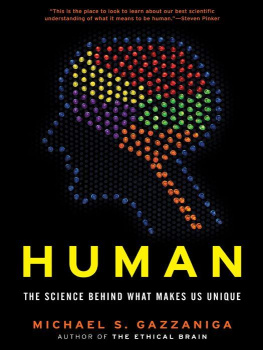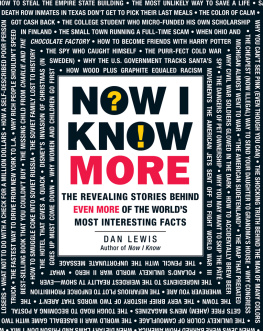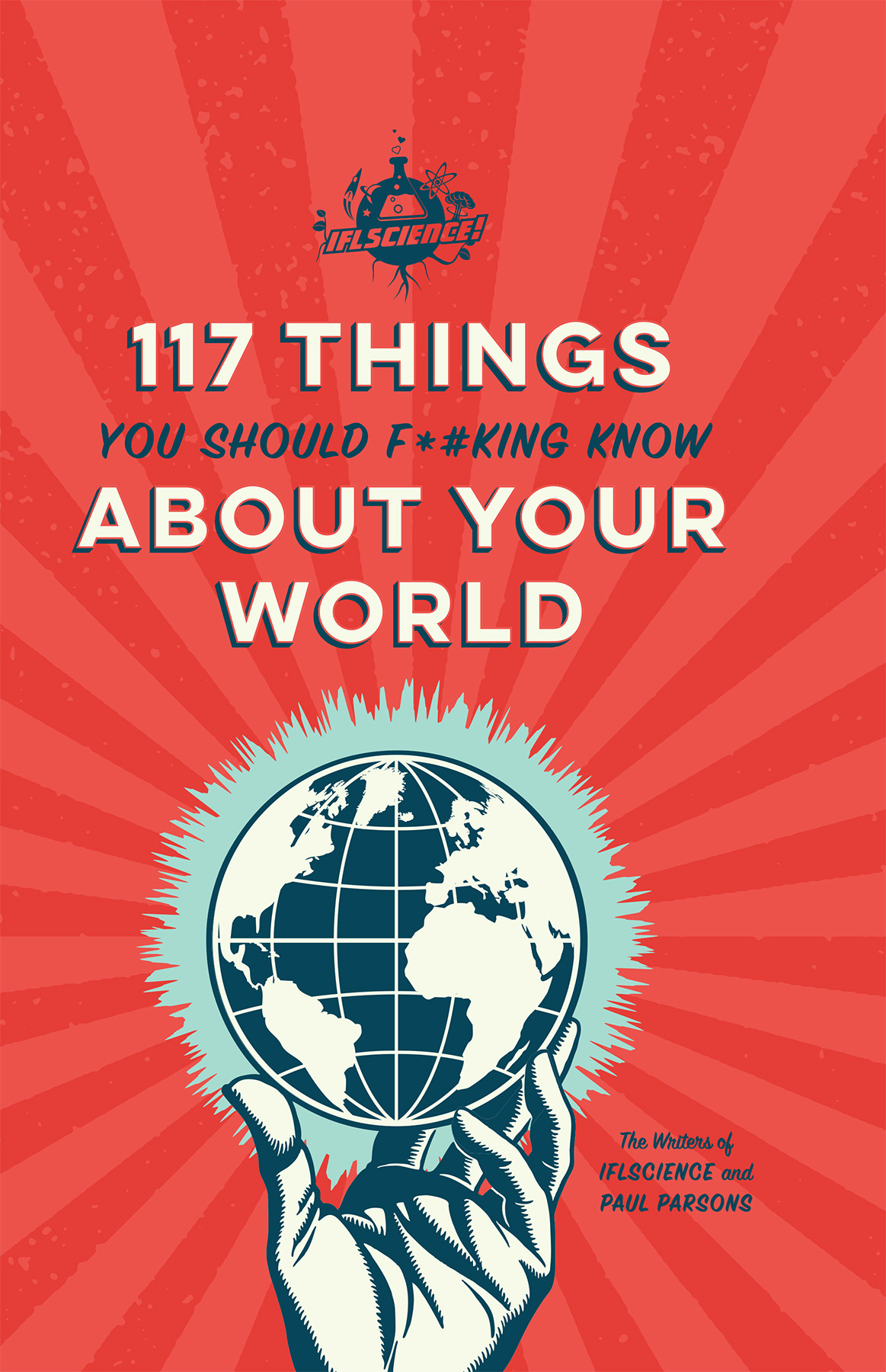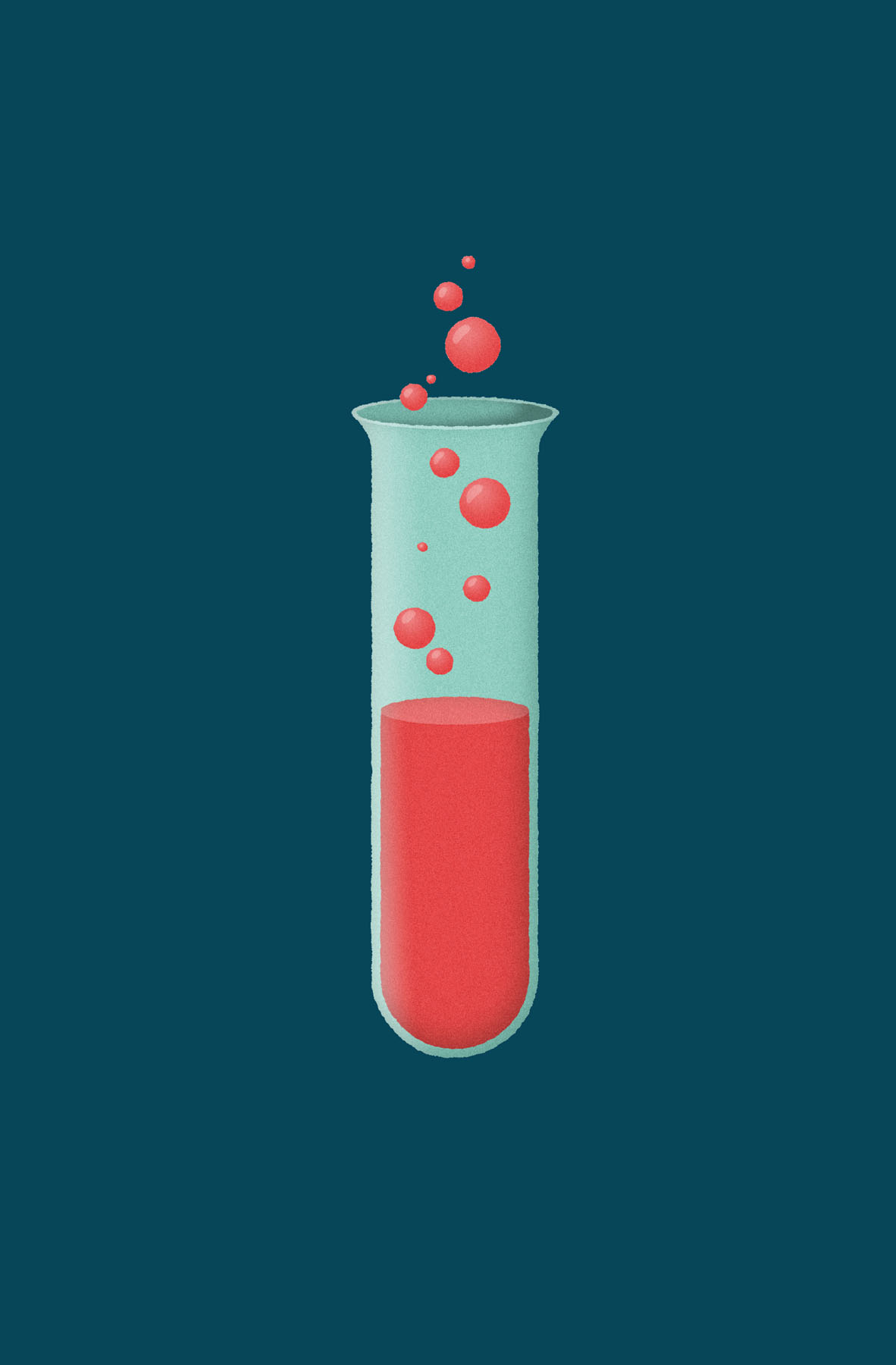2019 IFLScience Limited. All Rights Reserved.
Front cover illustration composed with art from Getty Images by CSA Archives/Digitalision Vectors, and revel.stockart/Getty Images Plus. Back cover art by Tom Rourke.
Hachette Book Group supports the right to free expression and the value of copyright. The purpose of copyright is to encourage writers and artists to produce the creative works that enrich our culture.
The scanning, uploading, and distribution of this book without permission is a theft of the authors intellectual property. If you would like permission to use material from the book (other than for review purposes), please contact permissions@hbgusa.com. Thank you for your support of the authors rights.
Published by Running Press, an imprint of Perseus Books, LLC, a subsidiary of Hachette Book Group, Inc. The Running Press name and logo is a trademark of the Hachette Book Group.
The Hachette Speakers Bureau provides a wide range of authors for speaking events. To find out more, go to www.hachettespeakersbureau.com or call (866) 376-6591.
The publisher is not responsible for websites (or their content) that are not owned by the publisher.
Photography Credits . Print book cover and interior design by Susan Van Horn.
Library of Congress Cataloging-in-Publication Data has been applied for.
The most exciting phrase to hear in science, the one that heralds new discoveries, is not eureka! but thats funny
T hat quote from science fiction writer Isaac Asimov headed up the original I Fucking Love Science Facebook page. Obviously, Asimov meant funny as in strange, not funny ha-ha, but the dual meaning pretty much encapsulates what IFLScience is all aboutsharing science stories that appeal to the human sense of humor and curiosity.
The Facebook page launched in March 2012. I was a student in my final year of a biology degree at the University of Sheffield. I was frequently posting links to cool science stories (and lots of extremely silly science jokes) on my personal Facebook page until, that is, one of my friends told me he was bored of seeing so much science in my feed and that I should make a separate page for it that people could subscribe to seeor not, in his case.
So thats what I did. I dont really remember where the name came from. I vaguely recall a meme of a lemur holding a stick looking incredibly excited about it, with a caption of I fucking love this stick. I think perhaps it stuck in my head, because thats the name I chose almost mindlessly. Within a day, the page had received 1,000 likes. Six months on and we crossed the 1 million milestone. Today, it has over 25 million followers, and that figure is still growing day-on-day.
My motivation was really just the same as the desire that leads others to circulate content online. But rather than videos of errant dogs or cats playing the piano, I had a burning desire to share stories about all the cool stuff thats happening in the world of science and technology. That stemmed from what I was learning at university. I was always good at science, but didnt necessarily fucking love it. Choosing to study biology was more of a practical decision, when I wasnt sure what I wanted to do next. I was taught about science in the same way all children are taught about scienceto pass exams. Everything changed for me at university. For the first time, I was being taught by real scientists with a passion for what they were teaching. I had my mind blown every single day sitting in those lectures, and it hit me that all these incredible facts about the world were largely unknown to the majority of people. My immediate thought was that everybody should know these things, not to expand the curriculum necessarily, but simply because theyre so cool and interesting.
I think its that slightly maverick outlook which, at least partly, explains why IFLScience has been such a success. One of the great peculiarities of our age is that we take children and sit them in a room to have knowledge and information forced into their heads. Is it really any wonder they find it dull, unpleasant even, and want to rebel? Wouldnt it be better to cultivate interest and enthusiasm instead, so as to make learning an activity they pursue voluntarily rather than something theyre told to do by parents or a teacher?
This has always been our approach at IFLScienceto find the jaw-dropping picture or the irreverent news story or just the catchy, infectious headline that inspires people to tell their friends, to read a book, watch a documentary, or to just go online and find out more about this amazing universe in which we live.
In October 2014, the IFLS Facebook page became a website of its own, with the launch of iflscience.com. From then on, rather than linking to other peoples content, our talented team of scientists, journalists, and communicators have been creating their own, bringing the sites millions of readers daily updates on everything from the natural world to medicine, from driverless cars to climate change, quantum physics to the Big Bang.
What you hold in your hands is, if you like, our greatest hits so far117 of our strangest, funniest, and most incredible stories from the world of nature, science, and technology. We think its brilliant, and if you do too, then please do take a look at iflscience.com for more.
I think youll fucking love it.
T HE GREAT SCIENCE FICTION WRITER AND FUTURIST Arthur C. Clarke once declared that technology is indistinguishable from magic. No doubt because, whatever the gadget, you can guarantee therell be a half-crazed individual, waving their arms furiously and uttering arcane exclamationsof the sort Dumbledore probably wouldnt have learned from his mother.
We human beings enjoyif thats the correct worda somewhat precarious relationship with our technological creations. Take, for example, smartphones. Always-on, high-bandwidth internet with 95 percent coverage has its obvious appeal. But when it invades your privacy, erodes your free time, and then refuses to work when you need it most (Siri, wheres the fucking car), you begin to ask yourself why? Sometimes, owning a



